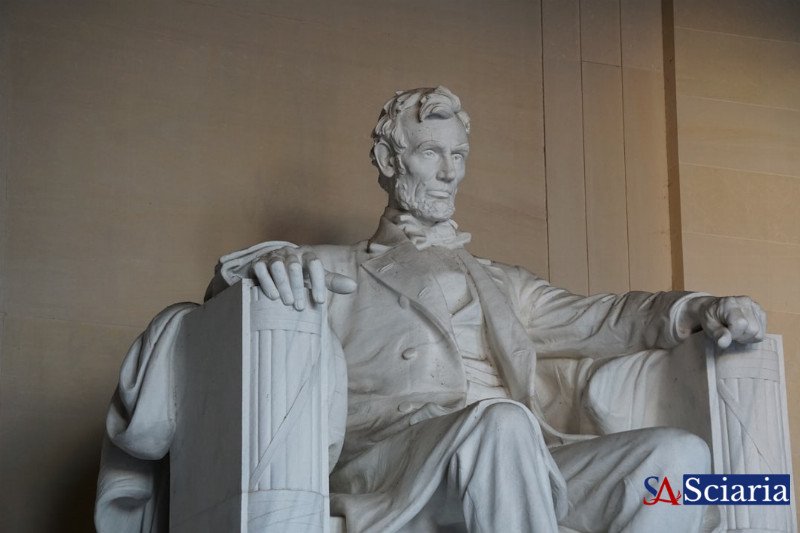Beyond the Forbidden: When History Itself Declared Innovation Illegal
- Sciaria
- History
- Oct 10, 2025
- 0 Comments

Humanity’s relentless march forward is often celebrated as a triumph of ingenuity, a testament to our insatiable curiosity. Yet, throughout history, this very spirit of innovation, this daring to question and to create, has often been met not with applause, but with condemnation, censorship, and even severe punishment. Imagine a world where groundbreaking ideas weren't just met with skepticism, but were actively outlawed. Welcome to a fascinating, and often frightening, chapter of history where progress itself was a crime.
Perhaps the most iconic example is that of Galileo Galilei. In the 17th century, his observations through a homemade telescope confirmed Nicolaus Copernicus’s heliocentric model, which posited that the Earth revolved around the Sun – a radical departure from the Church-backed geocentric view that placed Earth at the center of the universe. This wasn’t just a scientific disagreement; it was a theological and political threat. Galileo was eventually tried by the Roman Inquisition, forced to recant his 'heresy,' and spent the remainder of his life under house arrest. His crime? Daring to present empirical evidence that challenged established dogma, effectively making his scientific innovation illegal.
Even the very understanding of the human body was once a forbidden frontier. For centuries, religious and societal taboos severely restricted or outright banned anatomical dissection. Imagine doctors and scientists trying to heal and understand disease without being able to study the body’s inner workings directly. Early pioneers like Andreas Vesalius in the 16th century often had to acquire bodies illegally, performing dissections in secret, risking severe penalties for what we now consider fundamental medical education. The innovation of direct anatomical study, crucial for surgical advancements and understanding human physiology, was criminalized, forcing medical progress into the shadows.
From astronomical truths to the basic mechanics of the human form, history is replete with examples where new ideas were deemed dangerous, heretical, or destabilizing to the prevailing order. These narratives serve as stark reminders that progress is rarely linear and often faces fierce resistance from those invested in the status quo. While today we celebrate intellectual freedom and scientific discovery, these historical struggles underscore the enduring importance of protecting the right to innovate, to question, and to push the boundaries of knowledge, ensuring that the chains of thought never again restrict humanity’s brightest minds.
Comments (0)
Rate This Blog
Top Blogs by Rating
The Elusive Self: Is Authentic...
By Sciaria
Electro-Pulse: Unveiling the U...
By Sciaria
Whispers from the Walls: Unloc...
By Sciaria
Favorite Blog
The Spiritual Shelf Life: Navi...
By Sciaria
Reclaim Your Day: Mastering th...
By Sciaria
The Ageless Enigma: What Biolo...
By Sciaria
Related Research
Model penerapan digital marketing dalam membangun brand awareness umkm linda di kota palu
The coastal stratified slope deposits at portofino promontory (liguria, italy)
Canadian federal policies and the inuit youth suicide crisis
Share
Notice Board
- OPTIMALISASI PARIWISATA BUDAYA PESISIR MELALUI PENDAMPINGAN DIGITALISASI WARISAN BUDAYA NON-BENDAWI DIKALANGAN PELAJAR KOTA TANJUNG BALAI
- LA IMPLEMENTACIóN DEL DERECHO A COMPRENDER LAS RESOLUCIONES JUDICIALES MEDIANTE LA INTELIGENCIA ARTIFICIAL: LíMITES Y OPORTUNIDADES
- SPATIAL MODEL OF GEOGRAPHIC DISTRIBUTION OF LEPROSY CASES IN EAST JAVA PROVINCE, INDONESIA





